Jihadist extremism a ‘very limited phenomenon’ in Switzerland
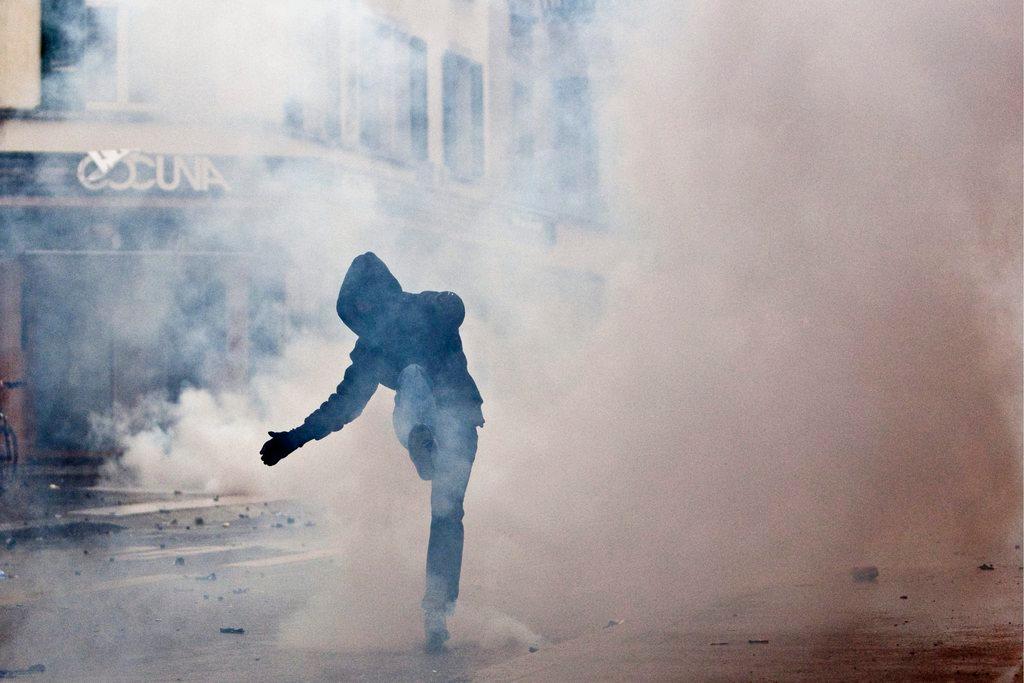
Homegrown jihadism in Switzerland must not be over-exaggerated. At the same time, right and left-wing extremist groups remain equally problematic, warns a Swiss expert.
Just how appealing are jihadi, rightwing and leftwing extremism to Swiss youngsters? This was the main theme of a conference organised on Wednesday by the social services department of Zurich University of Applied Sciences (ZHAW).
To gauge sentiment, ZHAW carried out a mini survey among 200 former ZHAW students and academics in attendance. The results were revealing: 66% said rightwing extremism was the biggest future challenge for society, ahead of jihadi extremism (25%) and leftwing extremism (8%).
Miryam Eser Davolio, a ZHAW researcher responsible for an exploratory study last year into jihadi radicalisation in Switzerland, said she was not surprised.
“Jihadist extremism remains a very limited phenomenon. I think we shouldn’t overestimate it and should be realistic. Rightwing extremism is still a problem in Switzerland but so is leftwing extremism, which is underestimated,” she told swissinfo.ch.
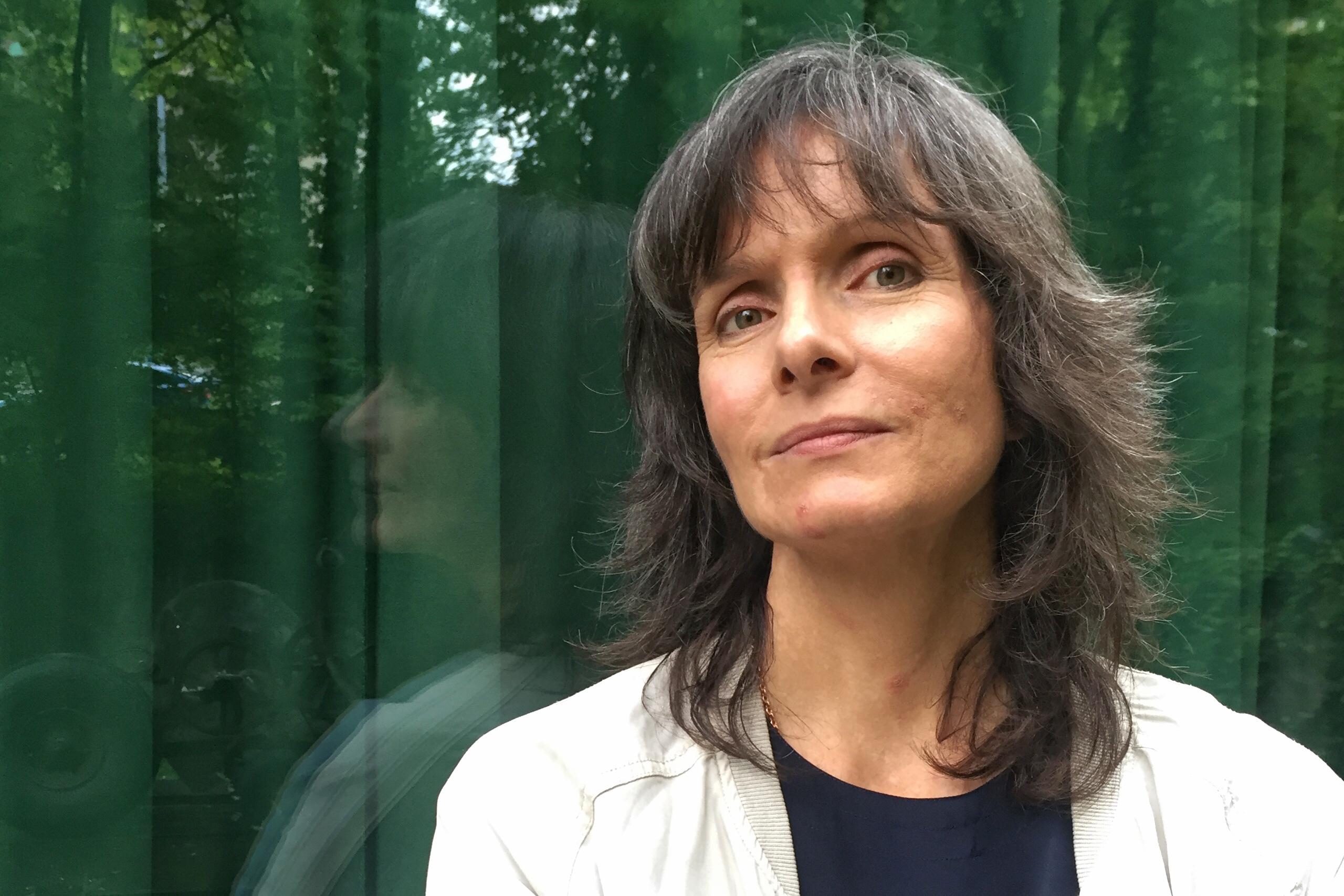
In a lull?
Last year the Federal Intelligence Service (FIS) reported 199 incidents by leftwing extremists, down from 254 in 2010. This compares with 28 rightwing incidents, down from 55 five years earlier. There are thought to be around 1,000 rightwing sympathisers.
Meanwhile, in its April report the FIS said 73 Swiss people had left the country to fight for jihadi causes. There have been no new cases so far this year. The FIS is also monitoring the social media activity of around 400 potential jihadis. Since the beginning of 2016, 12 individuals have returned to Switzerland after involvement in jihadi activities, and all of them were charged with illegal activities upon return.
Does this new FIS data suggest a slowdown in jihadi travellers from Switzerland?
“It’s difficult to say,” Eser said. “Some people have been prevented from leaving so you could say the intelligence agencies have done a good job. But it’s difficult to confirm. It could also be linked to the situation in Syria, which is not as attractive as before. But there is no consensus. Foreign fighters are still leaving from other countries, so it’s too early to say.”
It is estimated that over 600 people have left France for Syria and Iraq, with about 800 more wanting to leave to join Islamic State. According to the Federal Criminal Police, over 800 German residents – 60% of whom are German passport holders – have joined the Islamic State in Syria and Iraq. Roughly one-third have returned to Germany.
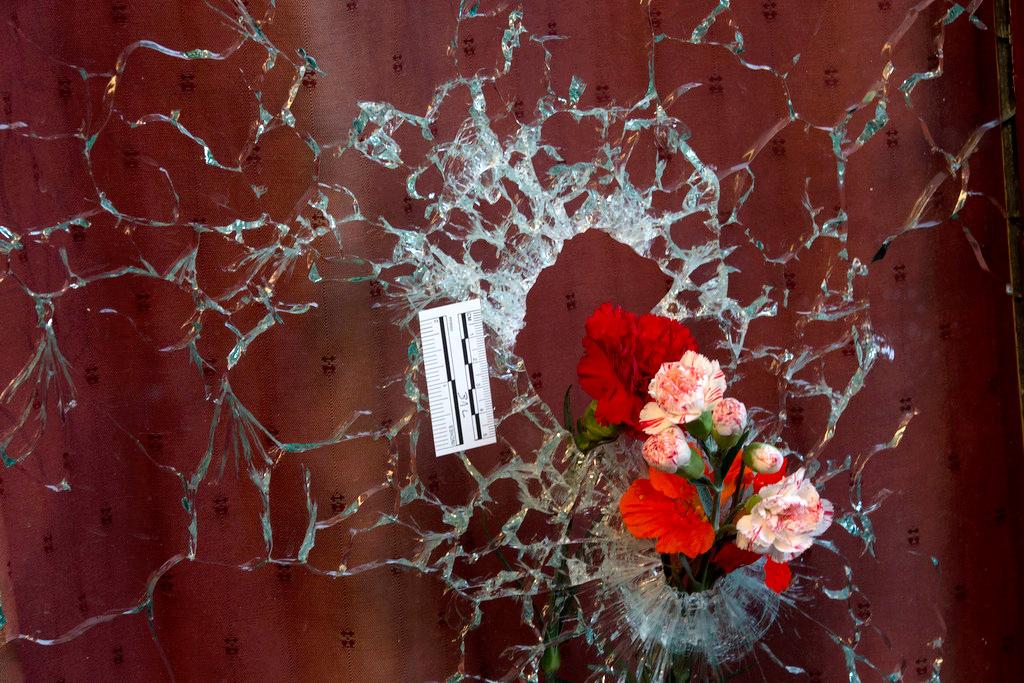
More
Steering Swiss youngsters away from radicalisation
Parallels uncovered
In her study, Eser coordinated a team of 11 researchers who examined 66 Swiss jihadi cases between 2001 and July 2015. Most were men, aged 23-35, generally born Muslims from former Yugoslavia and Somalia.
Their research also revealed parallels between jihadi and leftwing extremists.
“They believe in a utopia and think about creating a better state and hope to end the suffering of the Muslim people in that area,” she said. “They both believe in something. But often when they see the reality they want to return home, especially when they see the violence against Muslims and big mess that Syria is in and how corrupt the ISIS system can be.”
Swiss authorities have been trying to get up to speed with the jihadi phenomenon. Last September, the cabinet approved a new counter-terrorism strategy, which focuses on prevention, law enforcement, protection and crisis management.
It aims to prevent radicalisation through education and jobs, and measures focusing on prisons, youth centres and places of worship, via dialogue with vulnerable communities, and by preventing the stigmatisation of minorities. Money has also been pumped into intelligence gathering.
Cities’ concern
Below federal and cantonal levels, some Swiss cities are also getting involved in prevention work, albeit in a piecemeal fashion. It was reported this week that the city of Winterthur, which was in the headlines as a place where young Muslims are being radicalised, had finally set up an extremism prevention service to help answer anxious citizens’ questions. Next month the association of Swiss cities is also meeting to discuss terror prevention.
“Switzerland is a little bit late [in strategising] but that’s natural as we have fewer cases,” said Eser, adding that northern Europe provides many examples of the way forward.
“Germany provides counselling and good instruments; we can learn from them. The same goes for the UK, which has a mentoring system and counselling and comprehensive prevention programmes. They’ve had these for years, as have the Netherlands, Denmark and Norway,” she said.
Cracking down
Meanwhile, Swiss authorities and parliament are taking a stricter line towards jihadi returnees and those seeking to travel to conflict zones. It was recently announced that a Swiss-Italian dual national suspected of joining Islamic State could have his Swiss citizenship revoked – the first such case in Switzerland.
The Swiss Federal Criminal Court this year also upheld the decision of the Swiss Attorney General’s Office to confiscate the Swiss passport and identifying documents of an alleged Swiss-Lebanese jihadist.
Davolio argues that stricter punishments will not stop people leaving, however.
“Normally these people are living in a dream and don’t look beyond that. They don’t think about turning back. Repression has a very limited function,” she declared.
“To take away citizenship is quite dangerous. Where do you send them? It’s very easy for us to get rid of them and to send them to another country. We have to act in a responsible and not just opportunistic way.”

In compliance with the JTI standards
More: SWI swissinfo.ch certified by the Journalism Trust Initiative

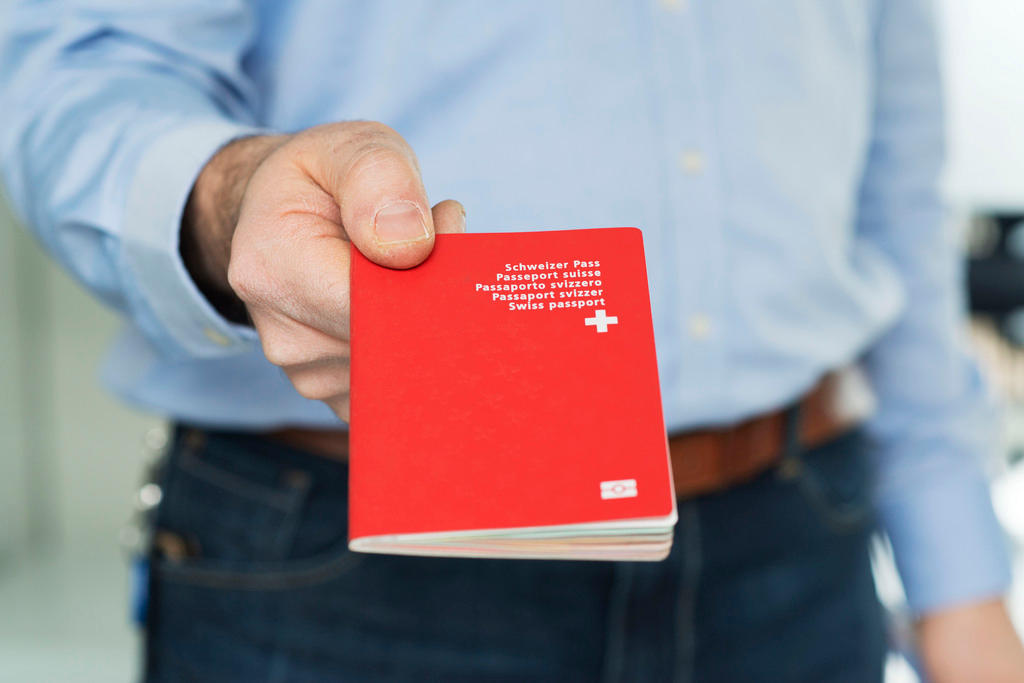
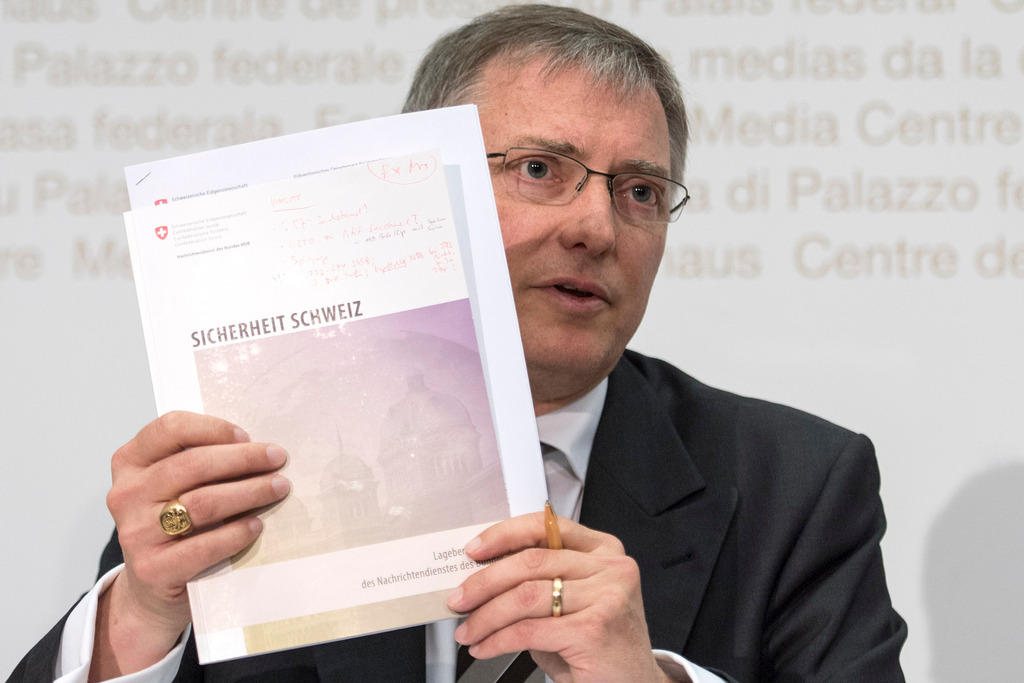


You can find an overview of ongoing debates with our journalists here. Please join us!
If you want to start a conversation about a topic raised in this article or want to report factual errors, email us at english@swissinfo.ch.